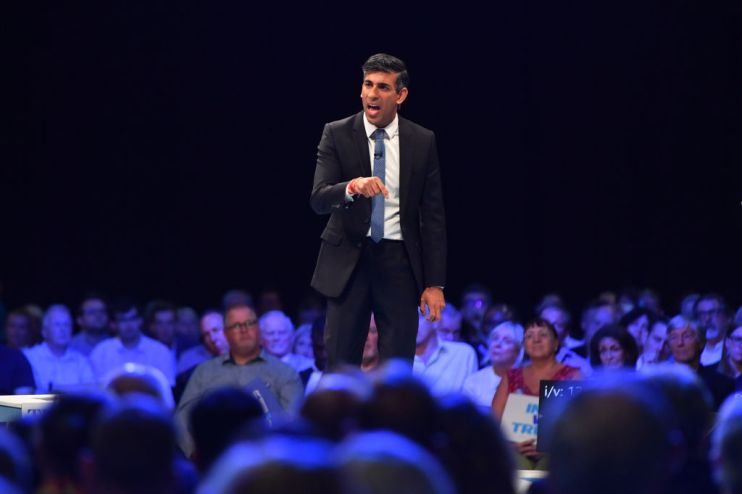UK General Election: When should Sunak pull the trigger?

Rishi Sunak has a lot of work to do ahead of a General Election, but when should he call it? Will Cooling looks at when the PM is likely to send the country to the polls
2024 has begun but we may still be more than a year away from the next General Election, with the government not needing to face the public until Tuesday 28 January 2025. Indeed, history would say that next January is the most likely date for the next General Election; not since Arthur Balfour tried to expose divisions amongst Henry Campbell-Bannerman’s Liberals by abruptly resigning in December 1905 has a Prime Minister destined for defeat not sought to cling onto power for as long as possible.
Rishi Sunak is facing an electoral mountain every bit as daunting as Sir Alec Douglas Home in 1964, John Major in 1997 or Gordon Brown in 2010. The Tories have consistently polled below 30 per cent throughout his premiership whilst Labour is consistently polling above 40 per cent. The University of Manchester’s Rob Ford spent the New Year plausibly wargaming how the Tories could be reduced to the same 156 seats they secured when Balfour finally faced the country in 1906.
It would be understandable for Sunak to look at such data and conclude that he’s better to go long. Maybe consumer confidence will finally return as inflation continues to fall and people begin to feel the benefit of tax cuts. Another year would also give Sunak more time to make progress against key priorities such as reducing illegal immigration or tackling the NHS backlog.
But let’s be real; neither of those things are that likely to happen. The Tory Party has had the same awful poll numbers ever since they were ambushed by the evidence of their own doubletalk and degenerate behaviour during lockdown. And there is no evidence that the Tory Party has any clue how to actually meet the low bars they set themselves; just this week has seen their cuts to personal taxation and claimed progress to reduce the backlog in processing asylum claims exposed as gamesmanship.
Not only will the Tories make no progress on policy over the next year, the extra time may worsen their political position. Before the repeal of the Fixed-term Parliaments Act, the election was automatically scheduled for Thursday 2 May 2024. The Tories would be wise to stick to that date. It would come off the heels of the tax cuts announced last November and whatever further tax cuts they feel able to smuggle past the Office of Budget Responsibility this coming March.
Holding the General Election on the same day as the 2024 local elections will also mitigate the damage that the inevitable loss of over a thousand councillors will cause the party. Such losses would not only diminish their ability to campaign in the subsequent General Election, as defeated councillors will be less inclined to campaign for MPs, but risk reopening arguments over the party’s leadership and direction. The losses will also make it clear which progressive party is best placed to capitalise on Tory weakness, so strengthening the power of tactical voting.
Many claim that there is a palatable third way between the extremes of May 2024 and January 2025, with the election taking place in the autumn. But the devastating nature of the local elections defeat will at the very least put the Tories on the back foot throughout the summer, a summer which could easily be dominated by arguments over immigration if warmer weather or greater global instability encourages more small boats to cross the channel. Likewise, further Ukrainian setbacks in their war with Russia or sustained hostilities in the Red Sea could reverse some of the progress made in bringing inflation under control. And then attention will switch to the baroque spectacle of Donald Trump trying to retake the US Presidency.
Rishi Sunak should not kid himself. If he ducks a May election, he is dooming himself, his party and the country to a twelve-month election campaign. Just when we need urgent action to address the country’s manifold problems, we will instead be confronted by a year of trench warfare as an ever more desperate government engages in wild antics to revive itself and Labour further retreats into its defensive shell as election day nears. Over the past two years we have had nothing but drift, delusion and deceit; a third year of the same will only worsen the malaise that currently afflicts Britain.
